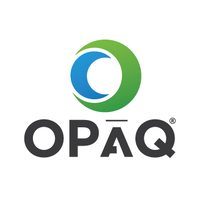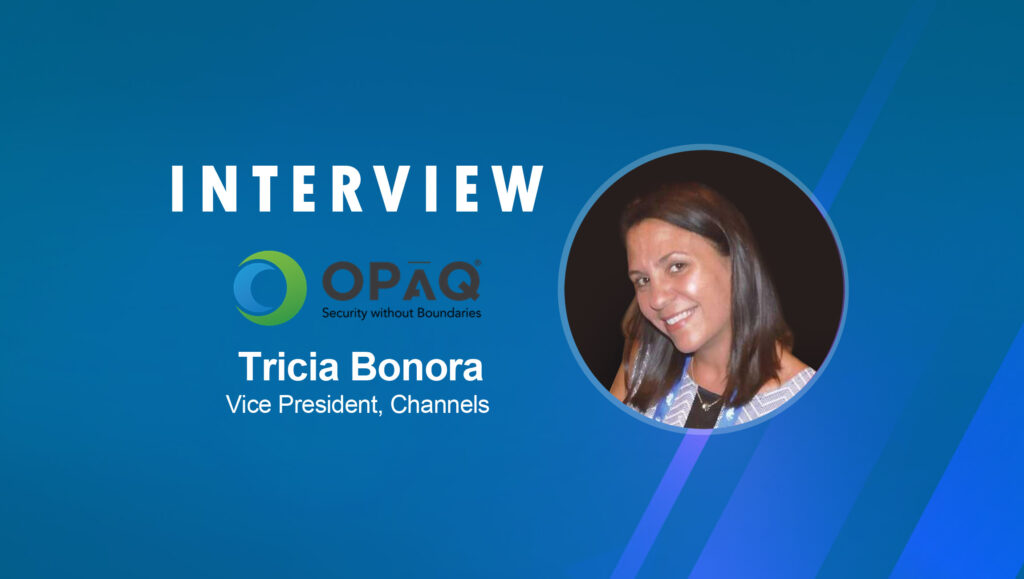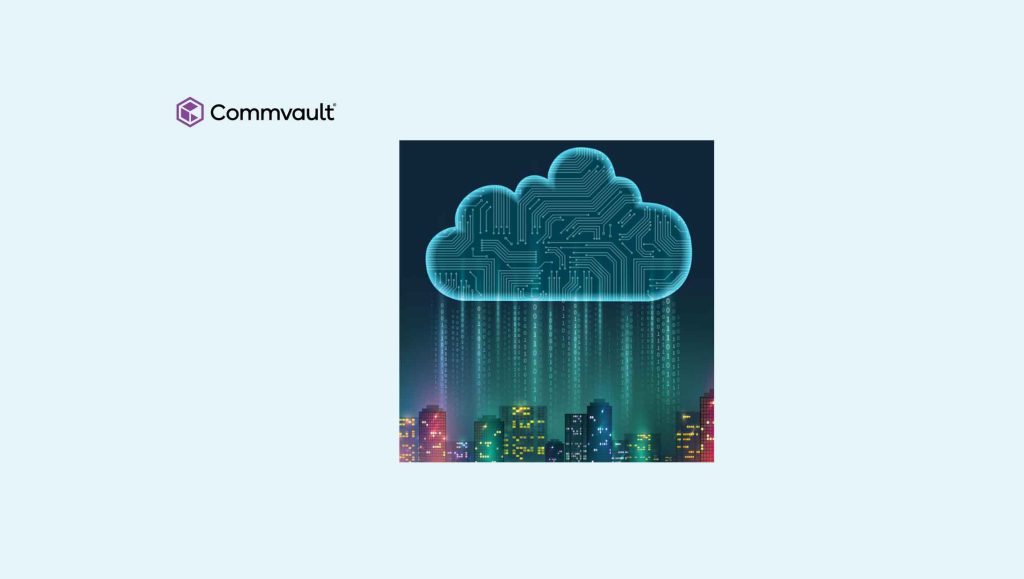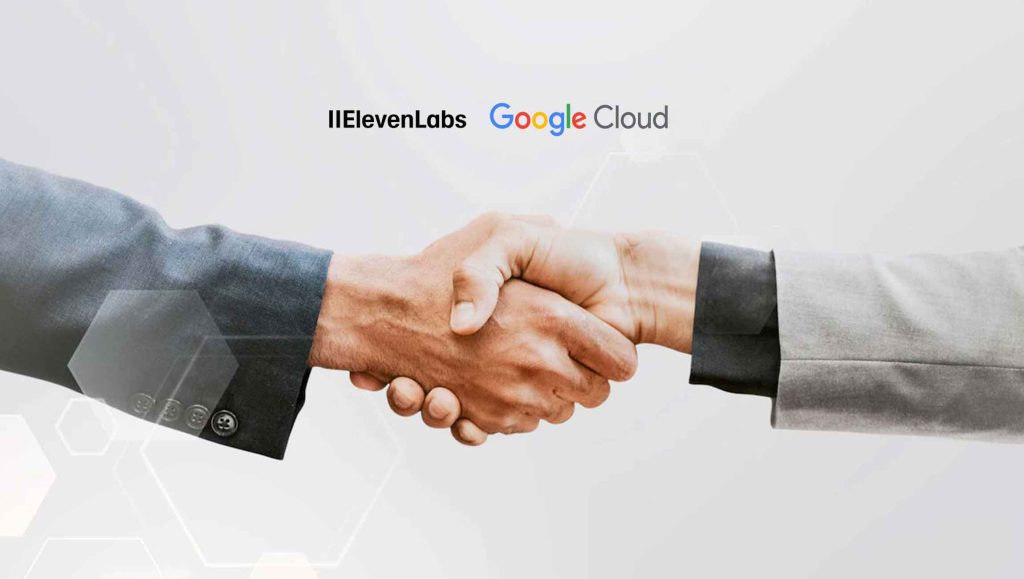Focus on two main key elements during this trying time –> communication and better collaboration shares Tricia Bonora, Vice President, Channels at OPAQ in this interview where she highlights a few points on what employees should do to secure their data and privacy while working remote while also talking about her journey in sales. Catch the excerpts.
_____
Can you tell us a little about yourself Tricia? We’d love to hear about your biggest highlights from your journey in tech so far!
I often describe myself as a Jersey girl, a DC mom and a corporate IT sales leader. That also happens to be my Twitter bio! I’ve been in tech for nearly 20 years, working for a wide variety of companies, both small and large, primarily focused on security and networking. I began my journey in technology sales, with a reseller based in Albuquerque, New Mexico. That’s where I developed what I like to refer to as a high level of channel partner empathy. Really understanding what is critical to the success of a partner and the type of support they want and need from a vendor. I carried this point of view with me throughout a wide variety of roles in my career.
I’ve had roles in direct and channel sales, supported public sector and private sector companies, and been both an individual contributor as well as a leader of sales and channel teams. I think that diversity of experience has put me in an excellent position to lead the sales organization at OPAQ. We have a hybrid model, both engaging customers directly, as well as working through a set of strategic partners to ensure our mutual success.
When it comes to leading channel sales for OPAQ, especially during a crisis such as the current one being experienced due to the Covid-19 pandemic, what are some of the challenges you’ve faced? Or, what have been some of the ways in which your core initiatives/plans have had to change because of the effects of Covid-19?
One of the things we’ve noticed as a trend in the market and that has really been exacerbated over the course of the past few months is that customers have turned inward and many of them, even before the current situation, were reassessing their priorities and their projects. We’ve addressed this challenge by focusing more on how we can help our customers in a supportive role. What I mean by that is we are intentionally going beyond just sharing the technical value that our solution provides to a customer or a partner, and working with them on creating long term value that gets them out of the technology obsolescence, rinse and repeat cycle. So we have been more focused on how we support and help our customers, and not just on selling them something.
Read More: SalesTechStar Interview With Patrick Lannon, Chief Renewals Officer At Acoustic
Tell us a little bit about your journey leading channel strategies for OPAQ, some successful strategies / projects that have worked well during your time there.
First of all, it’s been a very exciting journey here at OPAQ over the past two years. Our team has put a lot of emphasis on going above and beyond to help ensure the success of our engagements with both clients and partners. We’ve done this by focusing on enablement and education. By education I mean educating our customers and partners so they can effectively educate their internal teams on the value that we can provide their organization. This includes how we can enable both end user organizations and partners to transform their businesses.
We’re not just focused on education about what we do, and what OPAQ can help people do, but we’re also spending a lot of time educating ourselves and, by extension, our customers and partners on the dynamics of the market. So it’s not just about our platform, it’s also about the larger trends occurring in the industry and in our communities that really provide context. COVID gave us the opportunity to refocus on the fundamentals, which we think will really contribute to the long term success of both OPAQ, as well as the long term success of our partners and customers.
In your time in sales / marketing, how have you seen the role of the tech sales person evolve? How do you feel that the impact of salestech has inspired this change in the way sales teams now approach their role?
The role has definitely changed over my 20 years in the business. Early on in my career, we were really more responsible for delivering the technical differentiators to a customer or to a partner, and now it’s no longer just about speeds and feeds. The technology sector has evolved to the point where customers are empowered to do their own research and sales professionals can no longer just present products simply based on their individual capabilities. Now we are advising our customers and partners on how to implement long term strategies that will make their businesses more agile, more resilient and more secure. Certainly salestech is now available that helps us work, connect and communicate with partners and customers in a more immediate and direct way.
Given that the current economic conditions push sales and marketing leaders to be more customer centric in their approach with the aim of enhancing overall CX and not just focusing on selling, in what ways would you suggest teams measure overall CX during this time?
Measure the good. During this time, we cannot just measure success based on how much revenues have grown. You need to break things down into smaller pieces and celebrate individual successes. So we look to measure progress. How has that deal progressed? Did we have another call with a customer in which we learned something new about the challenges they face? Did we have a more meaningful discussion with a partner about how we can help them transform their business to support future requirements? So on a daily basis, measure the good and then share that good news far and wide to make sure that that is infecting the team with positivity in an otherwise challenging time.
Read More: SalesTechStar Interview With Tim Nash, Healthcare Head Of Global Sales At Virtustream
While remote work is still largely in place even though businesses and economies are slowly inching towards reopening, what are some of the security tips/ measures you would advise remote teams to always keep in mind?
One of my mottoes is hover over links before clicking on anything in a questionable email. We have all noticed an uptick in malicious activity and new attack techniques. It’s everyone’s responsibility to be vigilant to ensure that we protect the integrity of our own companies, as well as that of our partner ecosystem. Also, it’s important to be open to new ideas and news ways to protect yourself and your company. We need to remain vigilant, but be open to new ways of doing things that could help improve our overall security posture over time.
As a tech sales leader, in a challenging environment due to the Covid-19 pandemic: what are some of the ways in which you are enabling a balanced remote work culture while maintaining motivation levels?
I tend to focus on two key areas, communication and collaboration. I try to always maintain a high level of communication with the team, both on a one on one, as well as on a group basis. Since the COVID outbreak I’ve really doubled down on these efforts. It’s important when you’re communicating both in a single direction, as well as with a team, that you lead with empathy and focus on how individuals are doing since each of us is being impacted in different ways by the current environment. It’s my responsibility as a leader in this business to be optimistic and hopeful, but based in reality. I focus on trying to infuse the team with a sense of optimism, a sense of purpose, and hopefulness that things will continue to improve. This has to be balanced of course with the current circumstances, so that we are setting realistic expectations for both my team and senior management.

OPAQ is the premier networking and security cloud company. The OPAQ cloud is a Secure Access Service Edge (SASE) platform that protects an organization’s entire distributed network – data centers, branch offices, remote users, and IoT devices across all ports and protocols. OPAQ delivers zero trust security-as-a-service using an infrastructure optimized for security and hyperscale performance. With OPAQ, organizations can implement and enforce consistent zero trust security policies, centrally monitor network and security performance, generate reports, and manage security infrastructure – all through a single cloud console. This enables customers to maintain secure access to systems and data no matter how the network evolves.





















